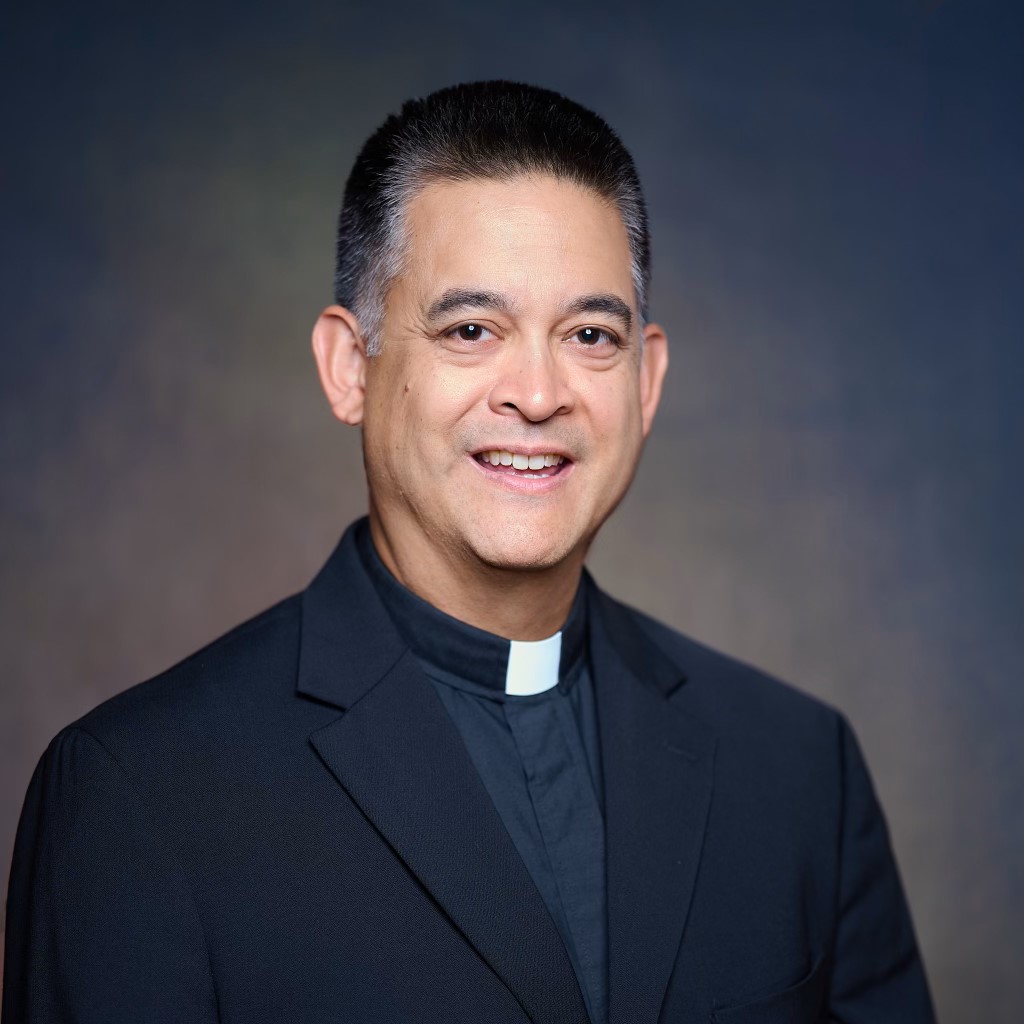The recent Alabama Supreme Court ruling regarding the personhood status of frozen embryos has reintroduced discussions regarding the morality of in vitro fertilization (IVF) technology. More than forty years after the advent of IVF, there remains a debate among Catholic ethicists and moral theologians regarding the status of embryos created for IVF treatments but never used. These so-called “spare” embryos remain in a cryogenic state — that is, perpetually frozen in liquid nitrogen. It is commonly believed that there may be nearly one million frozen embryos in the United States alone. While over 80 percent of these frozen embryos may eventually be used by their parents, the remaining 20 percent or so have a very uncertain future.
1 In IVF’s early days, the parents of these embryos had several options when it came to their children(s)’: they could ask the fertility clinic to thaw and destroy them; donate the embryos to research laboratories; or pay an annual fee to keep them frozen indefinitely.2 Since the 1990s, however, another option has emerged: offering embryos up for adoption to other infertile couples, also known as heterologous embryo transfer (HET). Unlike options that involve fertility clinics that essentially serve as brokers for the fate of embryos, embryo adoption agencies operate like normal adoption agencies: the parents of the embryo can find a couple of their choosing whom they deem as a good “match” and offers the most ideal home for their child.
3 The embryo adoption or HET paradigm has created new ethical challenges and raised numerous questions, most of which are related to the Church’s opposition to IVF as a biotechnical method altogether.
The Dicastery for the Doctrine of the Faith (formerly known as the Congregation for the Doctrine of the Faith [CDF]) has provided the most specific teachings regarding the morality of HET. It’s most explicit statement on the issue is found in a 2008 instruction, Dignitas Personae. Relying on several references to a prior instruction in 1987, Donum Vitae, paragraph #19 of Dignitas Personae states,
With regard to the large number of frozen embryos already in existence the question becomes: what to do with them? Some of those who pose this question do not grasp its ethical nature, motivated as they are by laws in some countries that require cryopreservation centers to empty their storage tanks periodically. Others, however, are aware that a grave injustice has been perpetrated and wonder how best to respond to the duty of resolving it…It has also been proposed, solely in order to allow human beings to be born who are otherwise condemned to destruction, that there could be a form of “prenatal adoption”. This proposal, praiseworthy with regard to the intention of respecting and defending human life, presents however, various problems not dissimilar to those mentioned above.4
The instruction praises the intention of those who might consider HET as a means of respecting, rescuing, and preserving human life. However, it cites similar problems regarding HET with those that are found in the very act of creating and gestating those persons to term within the context of IVF in the first place. Referring to Donum Vitae, it draws a parallel analysis between the act of embryo adoption by an adoptive mother and the act of surrogate motherhood, both of which are morally illicit.
At first glance, the Dignitas Personae appears to make it very clear that HET is morally illicit, as an extension of the practice of IVF itself. And yet, this practice has not been condemned outright. Hence, there is a theological debate among orthodox Catholic theologians and ethicists regarding the moral liceity of HET. On the one hand, theologians such as Dr. John Haas, President Emeritus of the National Catholic Bioethics Center, argue that HET is morally illicit because embryos who are “adopted” are subject to manipulation that violates their personhood. He writes,
First of all, some frozen embryos will be chosen to live while others will be allowed to die. What will be the criteria used as to which will live and which will die? Would just boy embryos be chosen, or just Asian or Caucasians ones? These are arbitrary criteria used to decide who will have a chance at life and who will not. Second, the “thawing” process itself will result in the deaths of some embryos. And then, after they have been thawed, the surviving embryos will be judged as to which will have the greatest chance of survival. Again, arbitrary judgments will be made as to which will be given a chance to live and which not. And how are the ones not chosen for implantation discarded? Third, single women have advanced the same arguments for rescuing the embryos by offering their bodies to gestate them even though they do not have husbands. This would deny the child the good of an integral family. Finally, husbands and wives give the procreative powers of their bodies to one another as a gift to be open to the engendering of new life between them…To place someone else’s child into the body of the wife would violate the integrity of the marital union unique to that husband and wife.5
On the other hand, ethicists such as Dr. Janet Smith, retired philosophy professor at Sacred Heart Seminary in Detroit, Michigan, argues, “Couples adopt babies. Sometimes that calls for nursing a child, so she’s offering her body to this child…If [embryo adoption] would come up outside of [the context of] the in-vitro situation, I think we would have an intuitively stronger sense of the possible goodness of this act”.6 Smith sees a distinction between the woman’s reproductive capacity and her capacity to nourish a child. She states, “It seems to me the act of reproduction has taken place, so you’re not engaging in sex with another man, any more than when breastfeeding another man’s child…I’m not certain that I like it at all, as the solution to in-vitro fertilization, but in principle I don’t think it violates the sexual relationship between husband and wife.”7
Dr. Charles C. Camosy, Professor of Medical Humanities at Creighton University School of Medicine, agrees with Smith but from a different perspective. He cites an inconsistency with those who view the embryo as a human person and yet opposes their being brought to term. He states, “If there were hundreds of thousands of frozen four-year old’s in need of rescue and adoption, wouldn’t the tone of the theological and ethical discussion sound quite different?”8
There are no easy answers to this moral debate. Until the Church provides definitive clarity on the object of the act of embryo adoption, a lack of moral certitude regarding this issue will remain and the disagreement among pro-life Catholic moral theologians and ethicists will continue. Any analysis must concede that it is quite possible that there is no conclusive answer to the dilemma.
1 Michael O’Loughlin, “A Catholic dilemma: Should embryos be adopted?” December 3, 2015, https:// cruxnow.com/life/2015/12/03/a-catholic-dilemma-should-ivf-embryos-be-adopted/.
2 Ibid.
3 Ibid.
4 William Levada, Instruction Dignitas Personae on Certain Bioethical Questions, September 8, 2008, http://www.vatican.va/roman_curia/congregations/cfaith/documents/rc_con_cfaith_doc_20081208_dignitas-personae_en.html.
5 Stephen Napier and John M. Haas, “Dignitas Personae and the Question of ‘Embryo Adoption’ – A Debate on Dignitas Personae, Part Two, nn-18-19,” March 2009, https://www.ncbcenter.org/resources/information-topic/dignitas-personae/freezing-embryos/.
6 Kathleen Gilbert, “Top Ethicists duel over Frozen embryo adoption,” August 2, 2011, https://www. lifesitenews.com /news/top-catholic-ethicists-duel-over-frozen-embryo-adoption.
7 Ibid.
8 O’Loughlin, “A Catholic dilemma: Should embryos be adopted?”



